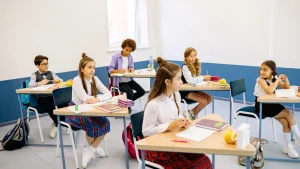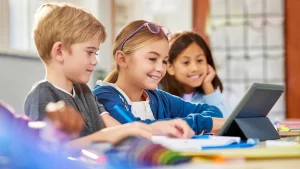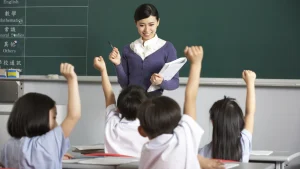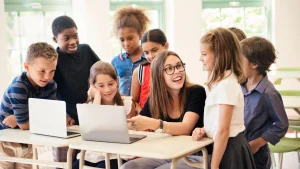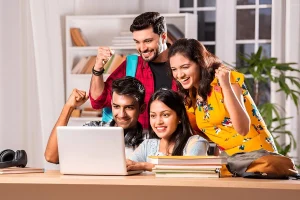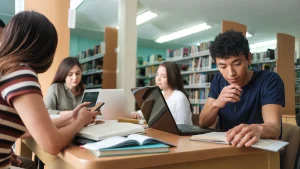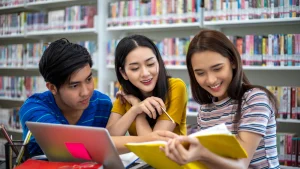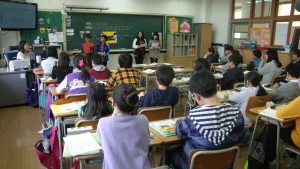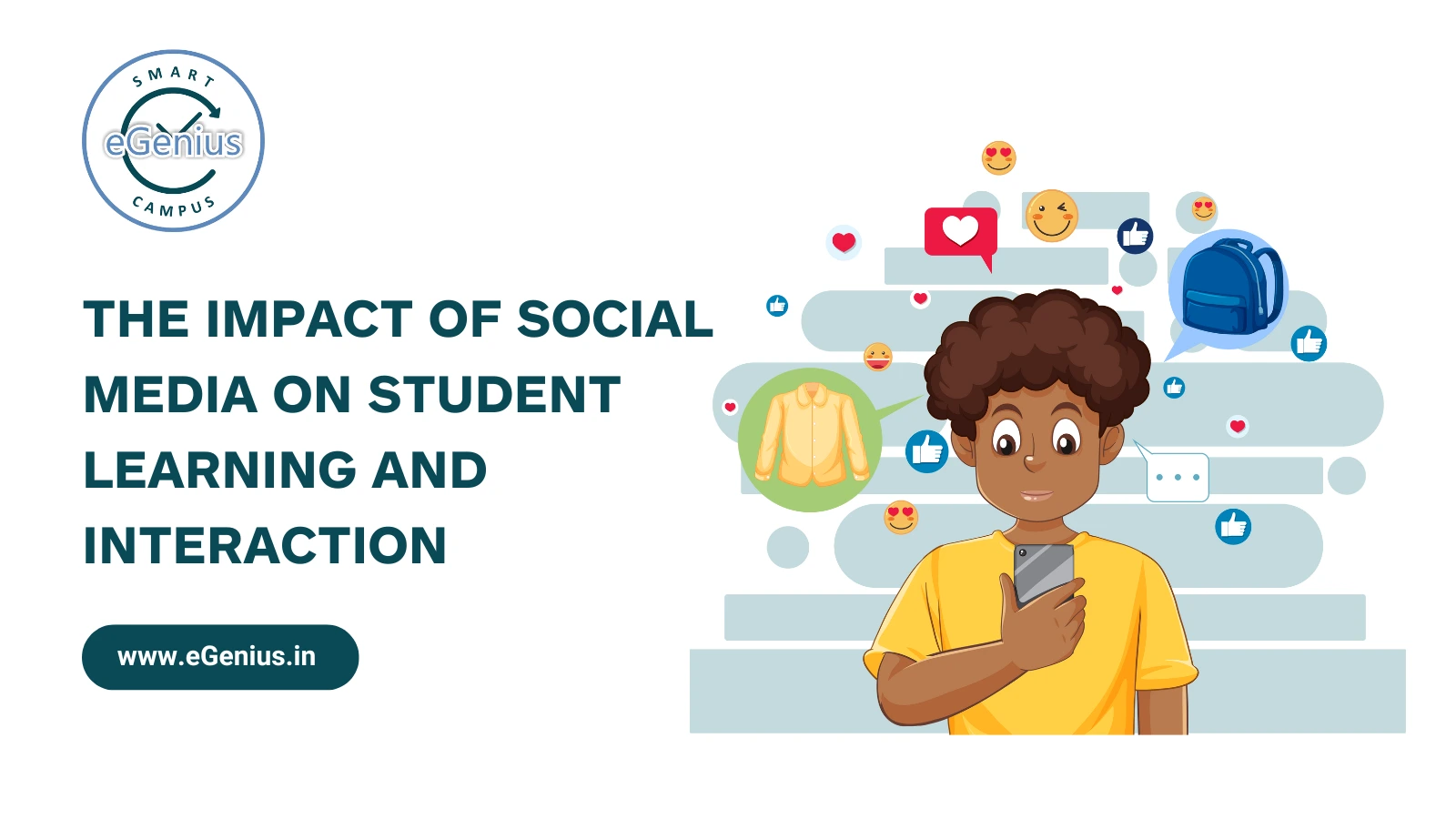Social media has changed the dynamics of interaction as well as learning among students. With the gradual increase in the use of technology within school institutions, the place of social media changes. The article will thus present the impact of social media in respect to learning and interaction of the students while looking at the negative and positive sides and focusing on the influence of online school software in these aspects.
The Role of Social Media in Education
Social media websites, such as Facebook, Twitter, and Instagram, are great tools for communication and sharing. The students use them to connect with their fellow classmates, instructors, and find and share study materials, resources, and discussing material taken in class. The online school software also includes all the social media features that allow students to work and learn within a monitored environment, therefore learning their own way while being prepared for a technological world.
Enhancing Student Engagement
Engagement is one of the most important impacts that social media has on student learning. Most traditional teaching mechanisms fail to keep the students interested. In contrast, the social media tend to build a kind of community inside the students. The ideas and groups of a project become interesting with online help software provided in school. Teachers can create a fun learning place that they make students participate actively while using these stations.
Facilitating Collaborative Learning
A team approach to any work helps in effective learning, which social media greatly assists in. Online tools help the students work on their projects using numerous platforms provided with online school software. An example of such a process is group assignment organization: it is easier when a special platform has provisions for social media features. They can share ideas, give and get feedback, and help each other, making the learning process better in the long run. This team environment further enables the development of critical thinking and problem-solving ability within individuals.
Learn More: Exam Management System
Challenges of Social Media in Education
Even with these advantages, using social media in education poses some problems. The main concerns are distractions and cyberbullying. Students might get distracted through things that do not relate to school, or they might be involved in bad interactions. For such reasons, schools need to set rules that keep the learning arena safe and focused. Online school software can also help address such issues. Teachers can be provided with monitoring tools and resources by schools to reduce the risks at hand while maximizing the benefits of social media.
In fact, social media plays a crucial role in the new trends of studying. By increasing engagement and teamwork among students and the faculty, online school system can provide numerous benefits; however, challenges start to arise. Institutions can thus utilize this online software and ensure that good balance between having positive interactions and a reduction of risks will take place. In the future, learning with social media will be important for students.
FAQs
Q1: How can social media enhance student engagement?
A1: Social media enhances student engagement by creating interactive communities where students can share ideas, discuss topics, and participate in group projects.
Q2: What role does online school software play in using social media for education?
A2: Online school software integrates social media features, enabling students to collaborate more effectively while maintaining a controlled and safe learning environment.
Q3: What challenges are associated with using social media in education?
A3: Challenges include distractions and potential cyberbullying, which can disrupt learning. Implementing guidelines and monitoring through online school software can help address these issues.
Q4: Can social media help develop critical thinking skills?
A4: Yes, by engaging in collaborative discussions and problem-solving activities on social media platforms, students can enhance their critical thinking skills.
Q5: How can educators create a positive social media environment for students?
A5: Educators can create a positive environment by setting clear guidelines, promoting respectful interactions, and utilizing online school software to monitor and support student activities.
Visit our website at eGenius.in to explore our Education ERP solutions designed to streamline your learning process!



